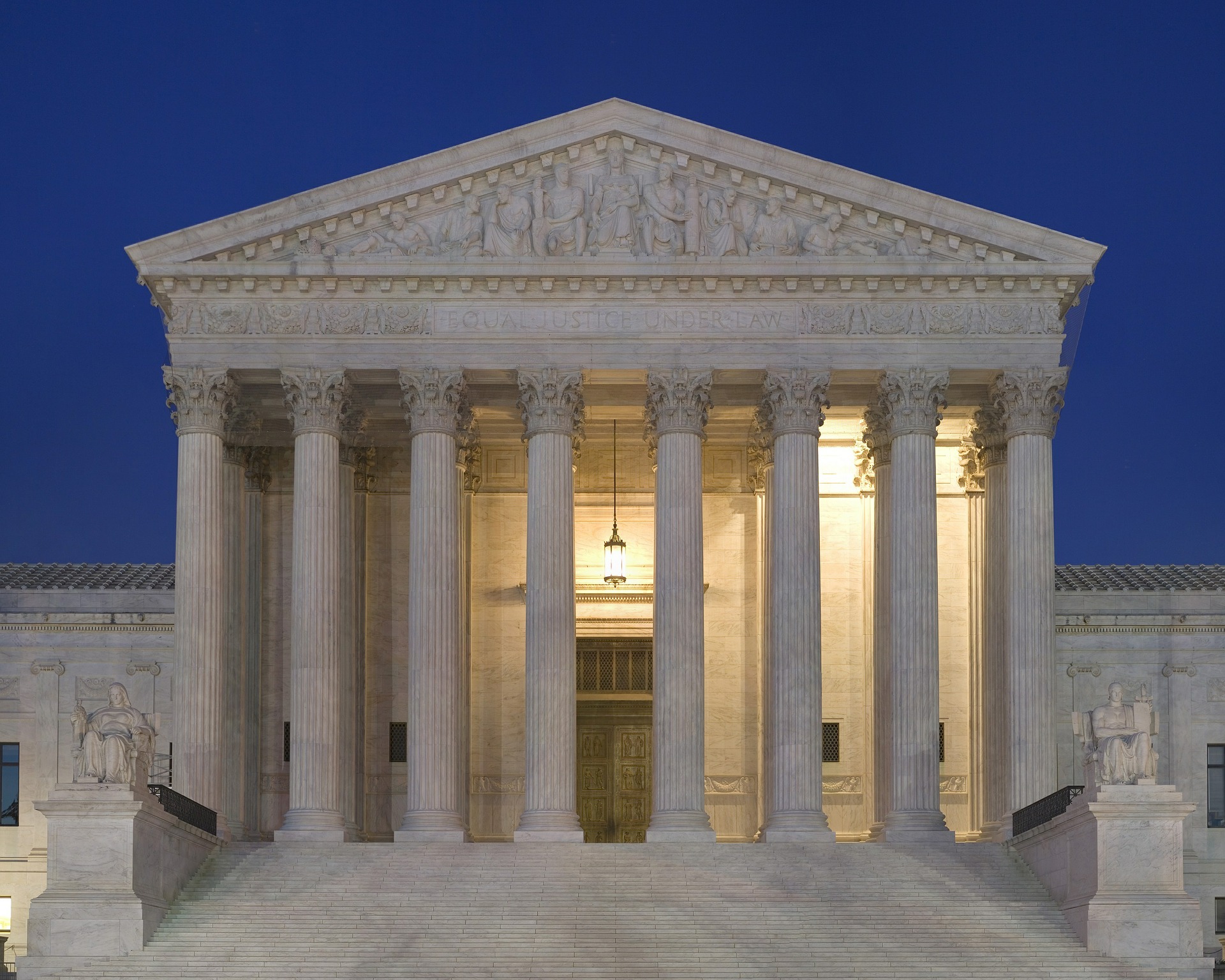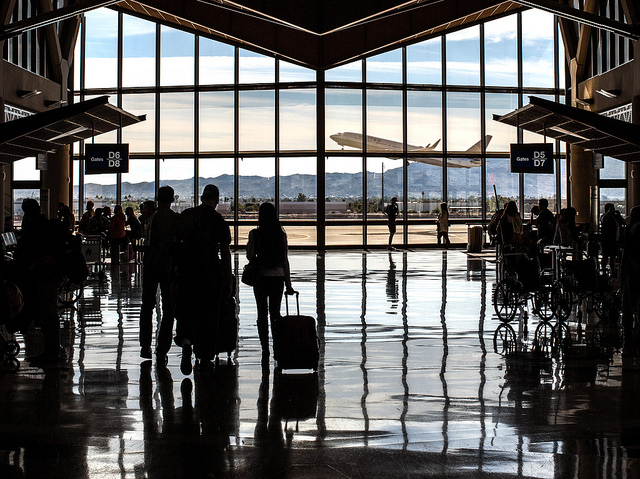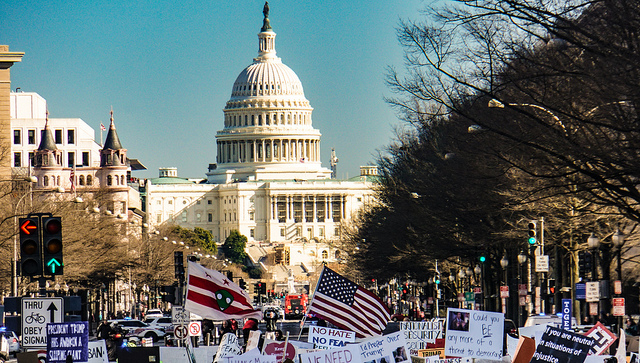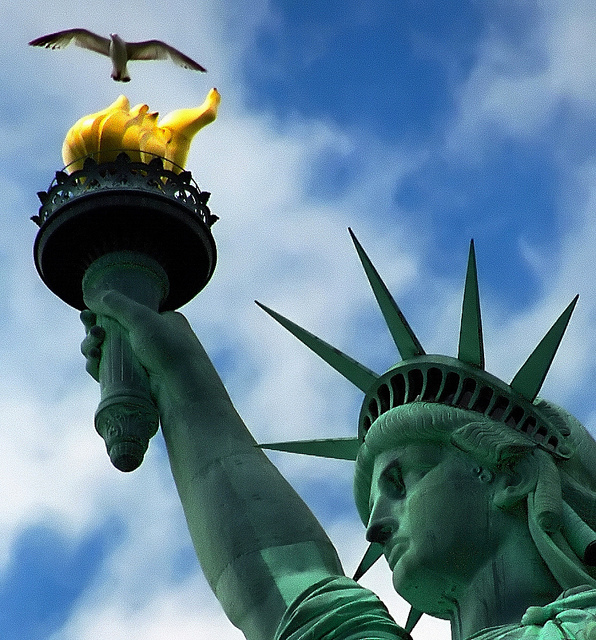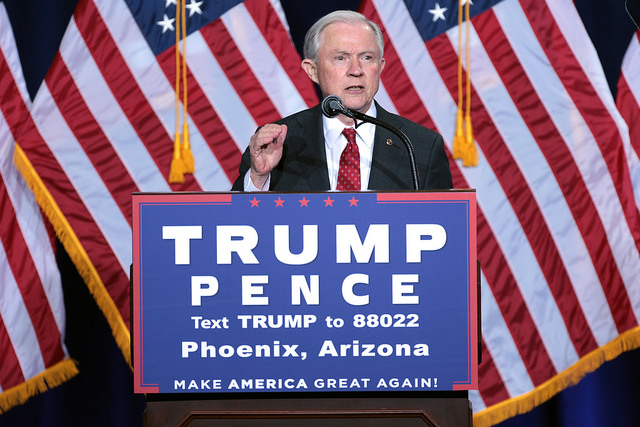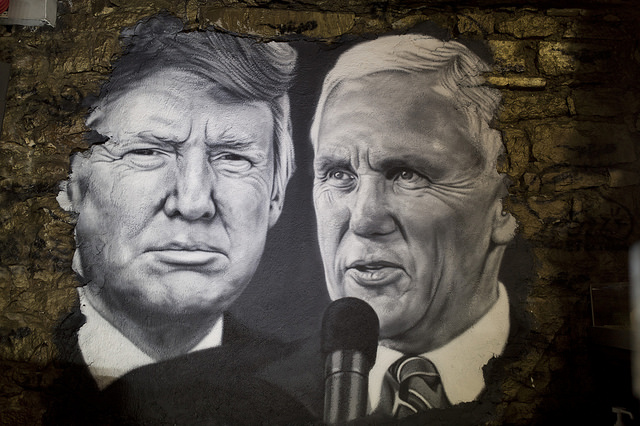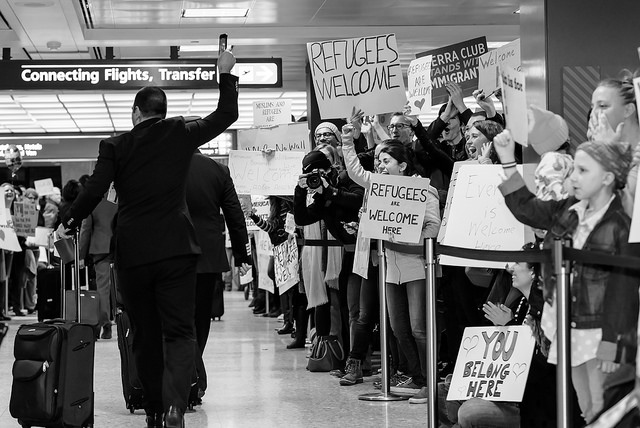Earlier this week, the United States Supreme Court handed down a controversial decision upholding the President’s latest travel ban in the case Trump, President of the United States, Et Al. v. Hawaii Et Al. The 5-4 decision reflected a deeply divided court, but ultimately the conservative justices on the court banded together ruling in favor of the Trump administration.
Chief Justice Roberts, joined by Justices Kennedy, Thomas, Alito, and Gorsuch, ruled that the latest travel ban was “squarely within the scope of Presidential authority.” Justices Breyer, Kagan, Sotomayor, and Ginsburg dissented. Despite concurring with the majority opinion Justice Kennedy added, “An anxious world must know that our Government remains committed always to the liberties the Constitution seeks to preserve and protect, so that freedom extends outward, and lasts.”
As you may recall in September of 2017 the President issued Executive Order No. 9645, entitled “Enhancing Vetting Capabilities and Processes for Detecting Attempted Entry into the United States by Terrorists or Other Public-Safety Threats.” The purpose of this executive order was to identify any deficiencies from several foreign countries needed to adequately assess whether nationals from particular countries seeking to enter the United States presented security or safety threats to the United States. The order specifically called for global requirements for information sharing among these countries, and increased immigration screening and vetting of individuals from particular countries of concern. The President exercised his broad authority under the constitution to place entry restrictions on nationals of eight foreign countries whose information systems for managing and sharing information about their nationals was deemed inadequate by the current administration. These countries included—Chad, Iran, Libya, North Korea, Syria, Venezuela, Yemen, and Somalia.
 Visa Lawyer Blog
Visa Lawyer Blog


